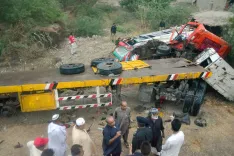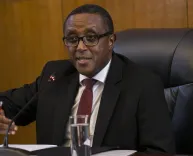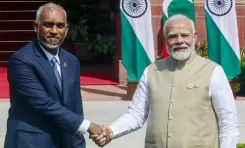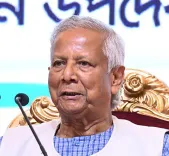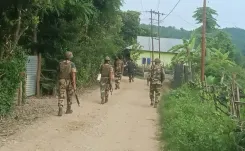What’s Next for Khulna University After Months of Deadlock?
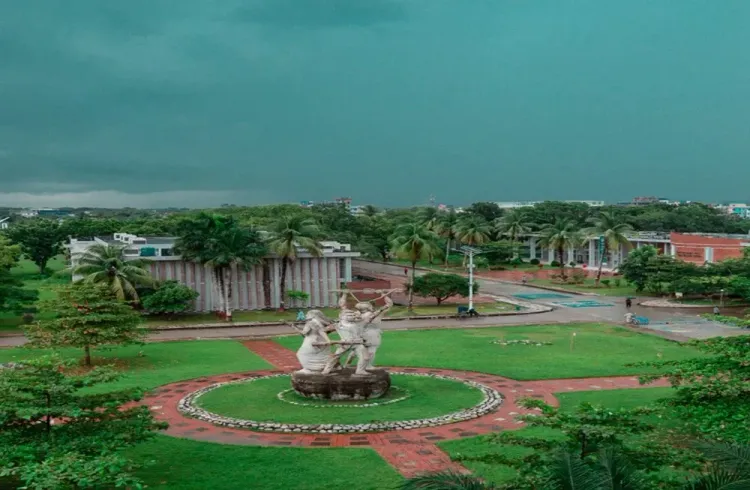
Synopsis
Key Takeaways
- Khulna University is facing significant challenges due to student unrest.
- Over 7,500 students are affected by the ongoing deadlock.
- Efforts to resume classes are ongoing amidst unresolved tensions.
- A new vice-chancellor appointment is still pending.
- Collaboration is key to restoring normalcy at the university.
Dhaka, July 20 (NationPress) Five months after violent clashes among student political factions disrupted academic activities at Khulna University of Engineering and Technology (KUET), the campus is still engulfed in uncertainty.
While students from the 2021-22 academic batches returned to their classrooms on Sunday, the university still lacks a permanent vice-chancellor, leaving over 7,500 students facing the possibility of prolonged session delays, according to leading Bangladeshi media outlet Prothom Alo.
In the absence of definitive administrative leadership, a message posted on the social media page 'Bloody Kuet' on Saturday indicated a student-driven initiative to recommence academic activities.
"We will all return to class tomorrow, shedding the old-fashioned ways and rejecting negativity. Our teachers have expressed their support; they cannot abandon us. It’s time to approach class with optimism," the post stated.
Students from the 21st and 22nd batches responded positively, returning to their classrooms in significant numbers. However, worries linger, as many highlight ongoing tensions between faculty and students.
"Numerous teachers were upset during our protests. We have expressed our apologies to them. Now, we are compelled to return to class because we have already lost five months of our education," stated Ashir Muntakim Ferdous, a student from the 21st batch, while speaking to Prothom Alo.
He mentioned that prior to the dismissal of the former VC, the syndicate had declared classes would restart on May 4.
Another student noted, "Almost all of us from the 21st and 22nd batches are here. The exams for senior batches will commence once classes are fully back in session. However, some students remain off-campus due to security concerns."
In the capital, the Guardian Forum Dhaka submitted a memorandum last Thursday to the chairman of the University Grants Commission (UGC), demanding the immediate resumption of academic activities.
On Sunday, they also organized a human chain protest in front of the KUET administrative building.
Despite such efforts, a resolution is still elusive.
The crisis began on February 18, when over a hundred individuals were injured in clashes arising from demands to prohibit student politics on campus.
This violence led the government to remove both the vice-chancellor and the associate vice-chancellor. CUET Professor Hazrat Ali was appointed interim VC on May 1, only to resign three weeks later amid strong resistance from KUET faculty.
Although the Ministry of Education issued a notification for a new VC appointment on June 10, the process remains stalled.
UGC member Mohammad Jaminur Rahman was temporarily authorized to manage the university's finances until July 15.
Compounding the deadlock, the KUET Teachers' Association has adopted a hardline stance, insisting on accountability for those involved in assaults on faculty members during the unrest before classes can resume.
Their executive meeting held on July 16 ended without resolution.
With no immediate end in sight and the appointment of a new vice-chancellor still pending, the academic future of KUET's students is shrouded in uncertainty.

